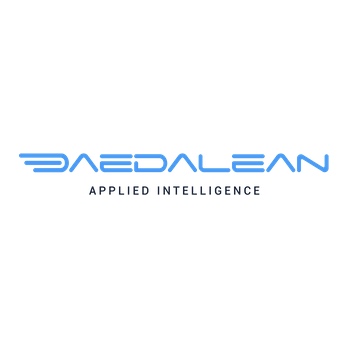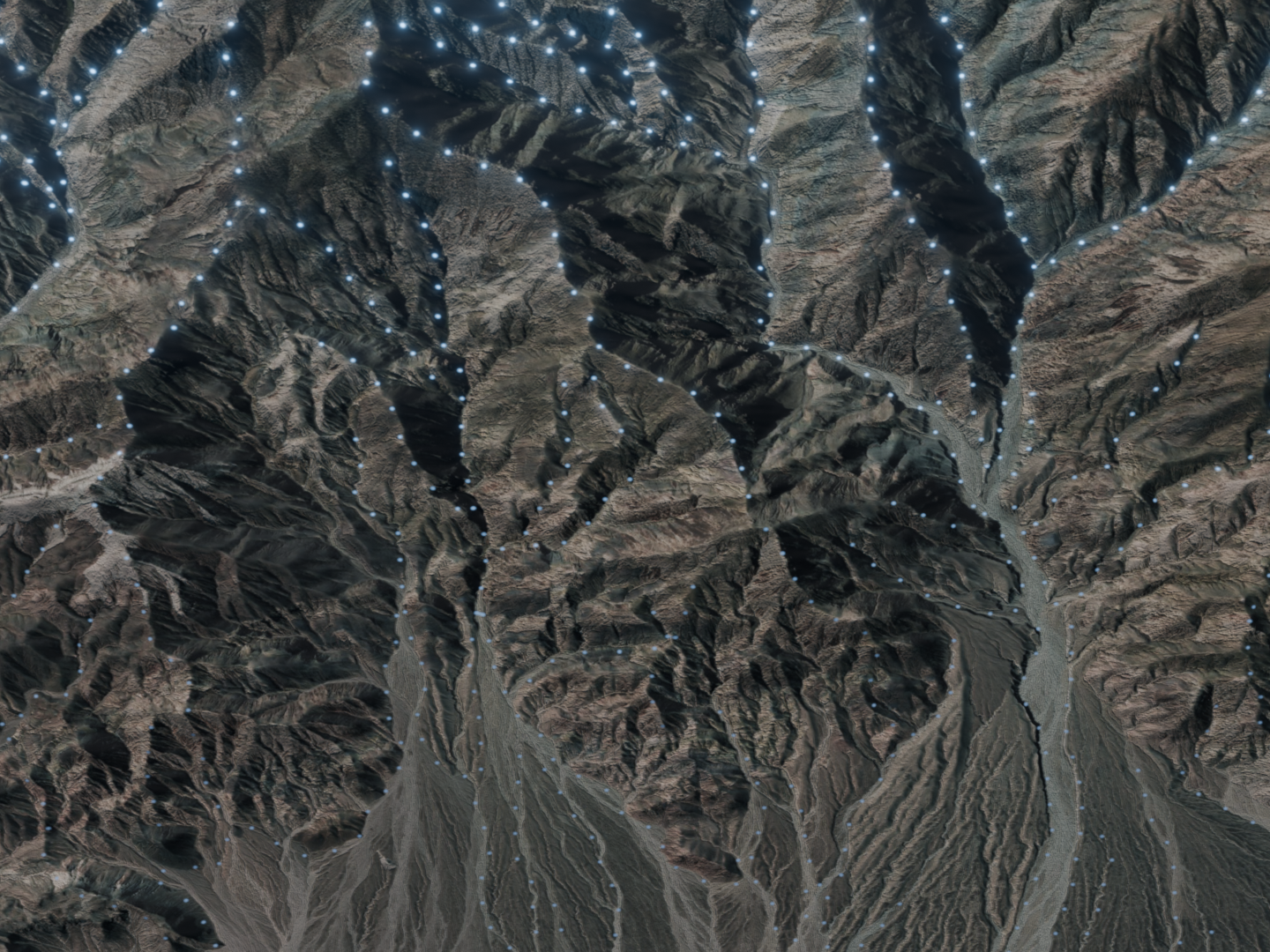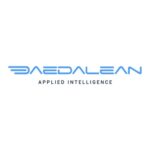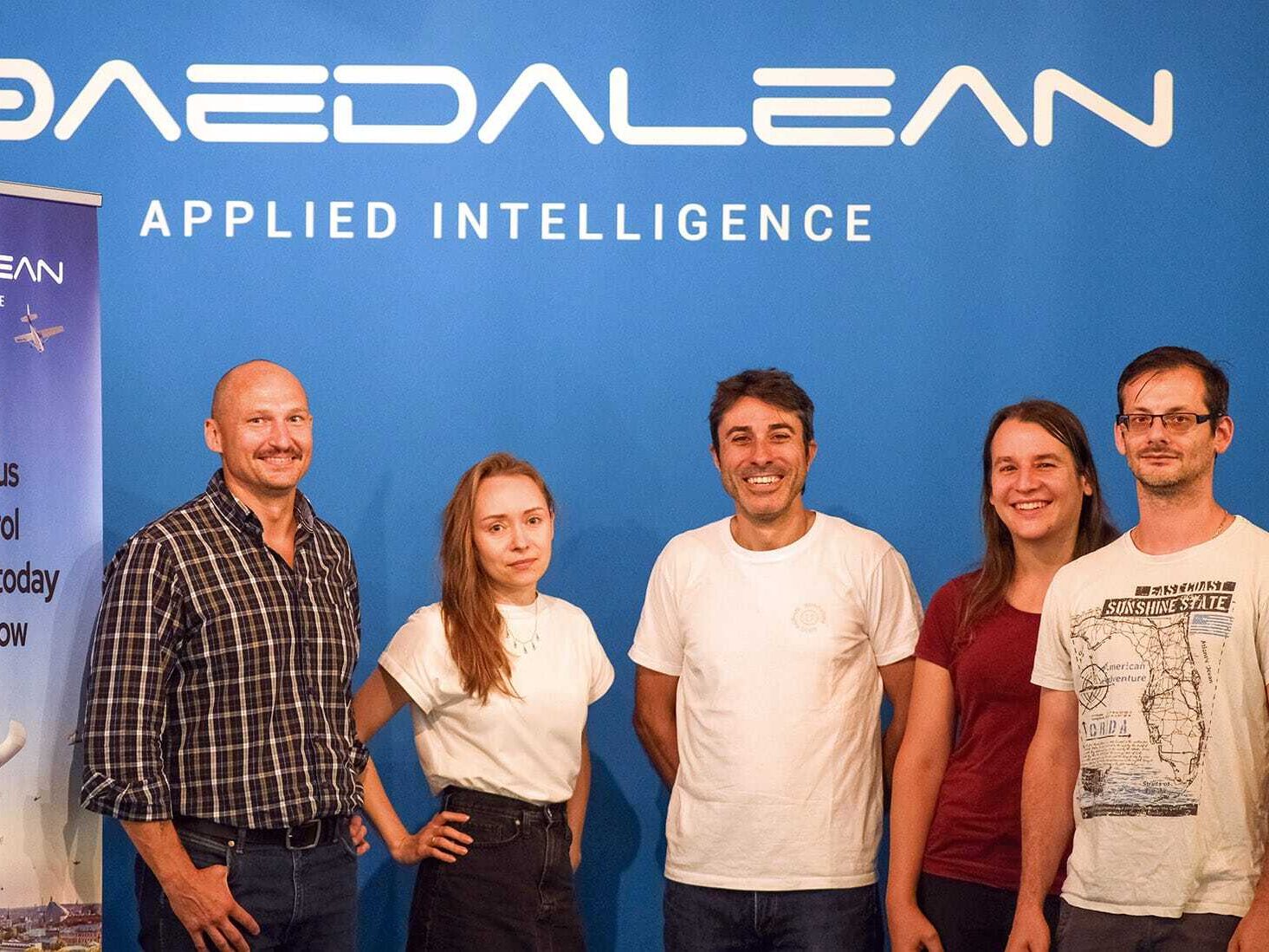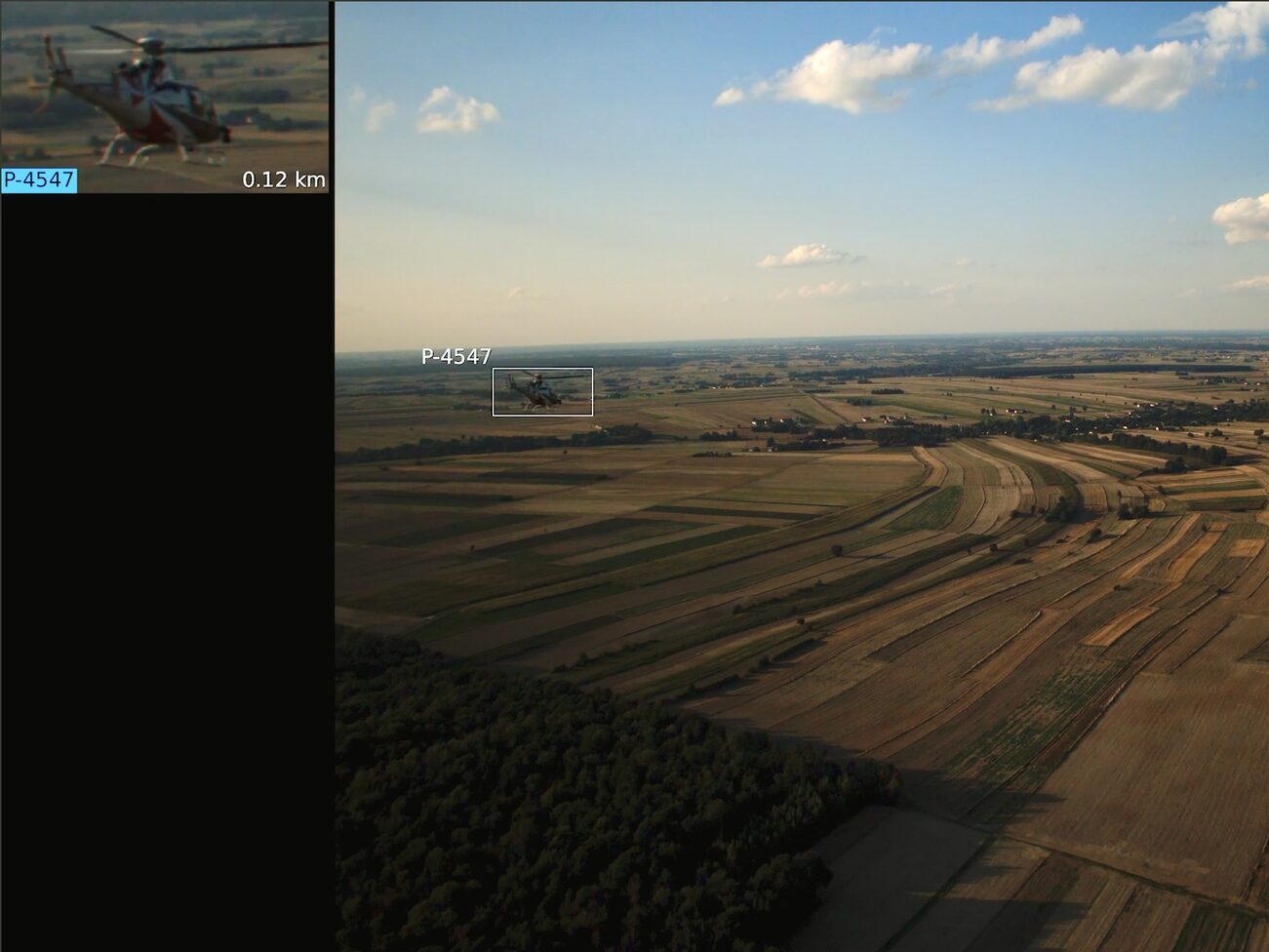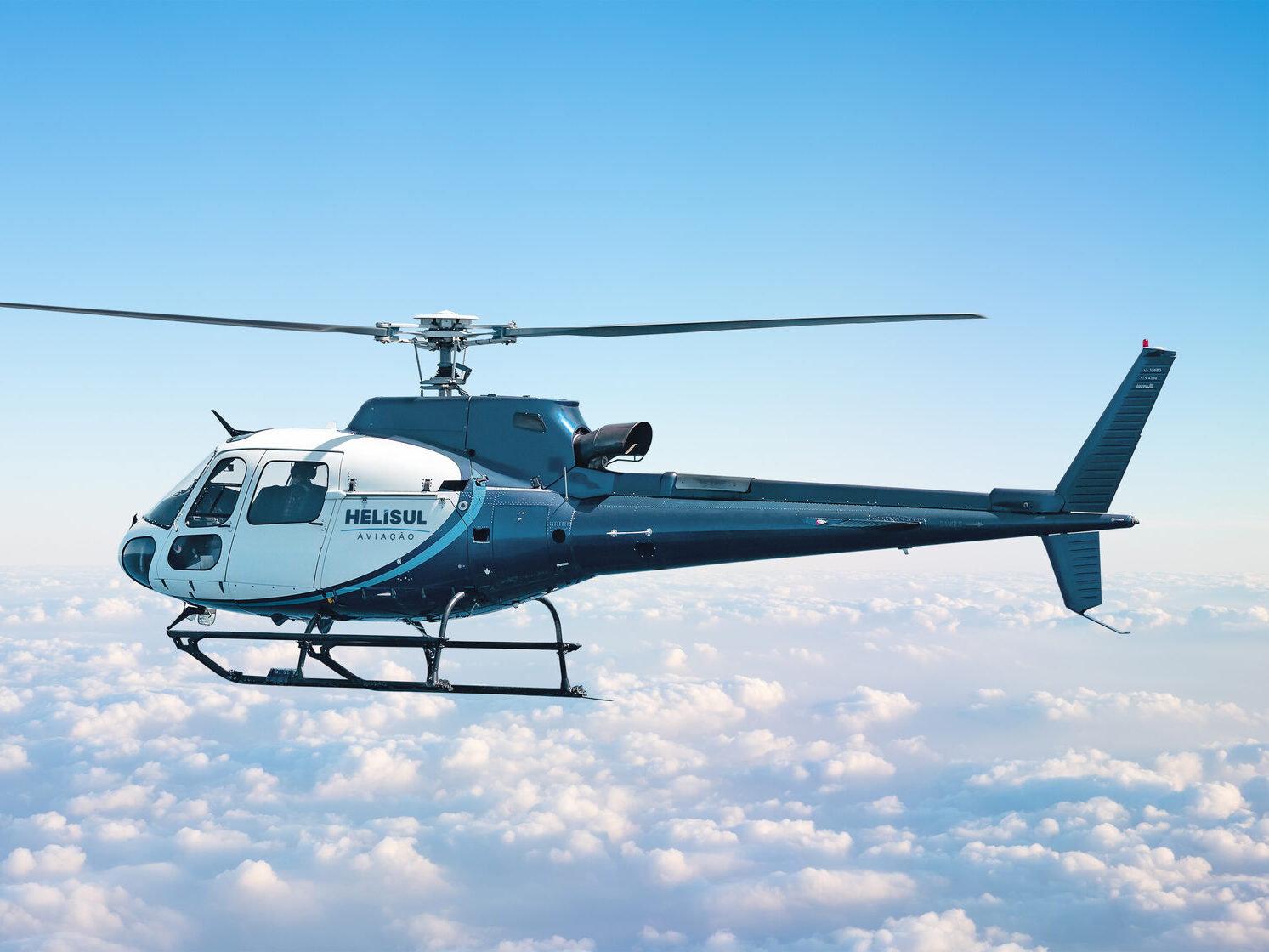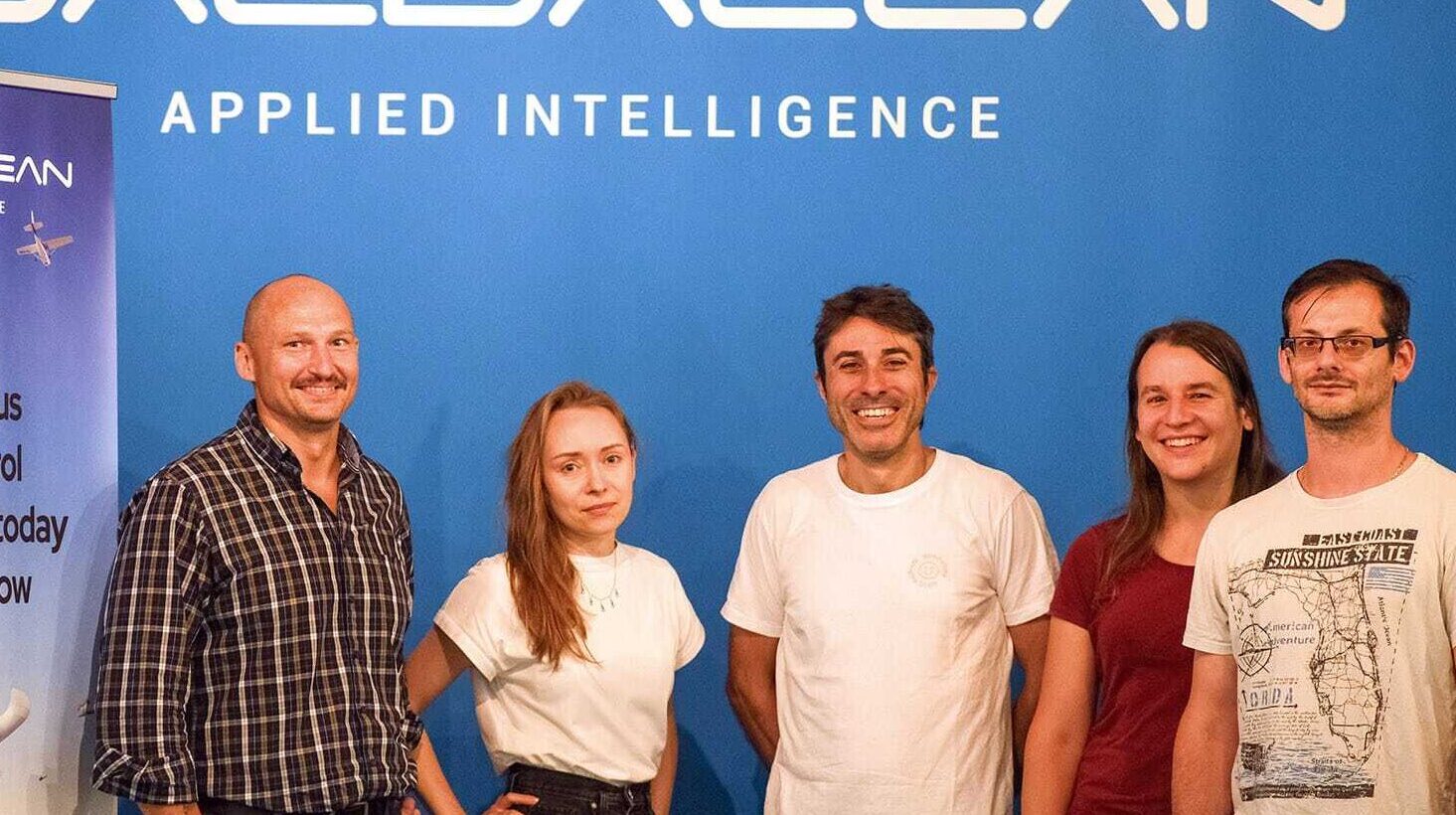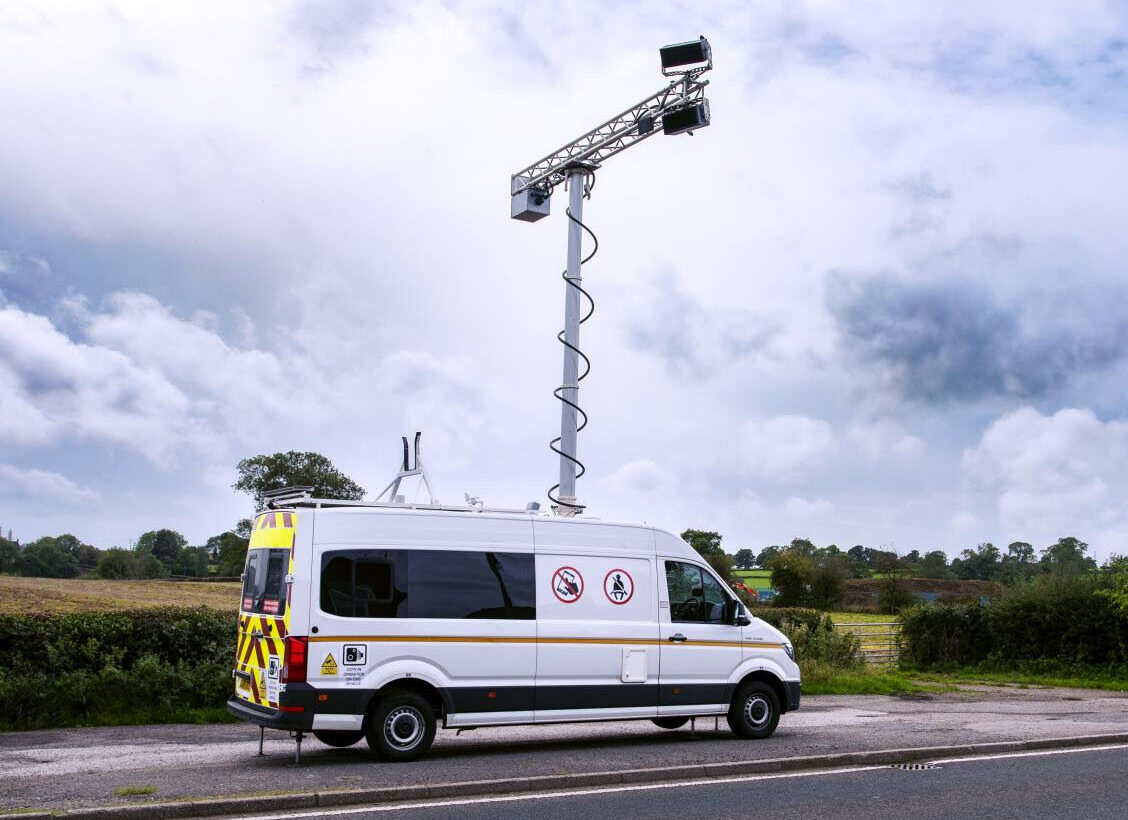Light jet manufacturer Eclipse Aerospace has commenced flight testing an AI-enhanced visual awareness system designed and manufactured by Daedalean AI, a developer of safety-critical and certifiable artificial intelligence systems for situational awareness and flight control.
Jerry Chambers of Eclipse Aerospace said:Eclipse Aerospace pioneered the single pilot very light jet category, enabled through a high degree of automation and system integration designed to significantly reduce the pilot workload in a high-performance twin-engine aircraft. We are constantly on the lookout for technology that we can test and integrate to further reduce the pilot workload to increase safety. Collaborating with Daedalean enables us to evaluate AI-enhanced capabilities, whilst enabling the testing of the system on a certified Part 23 twin-engine jet.
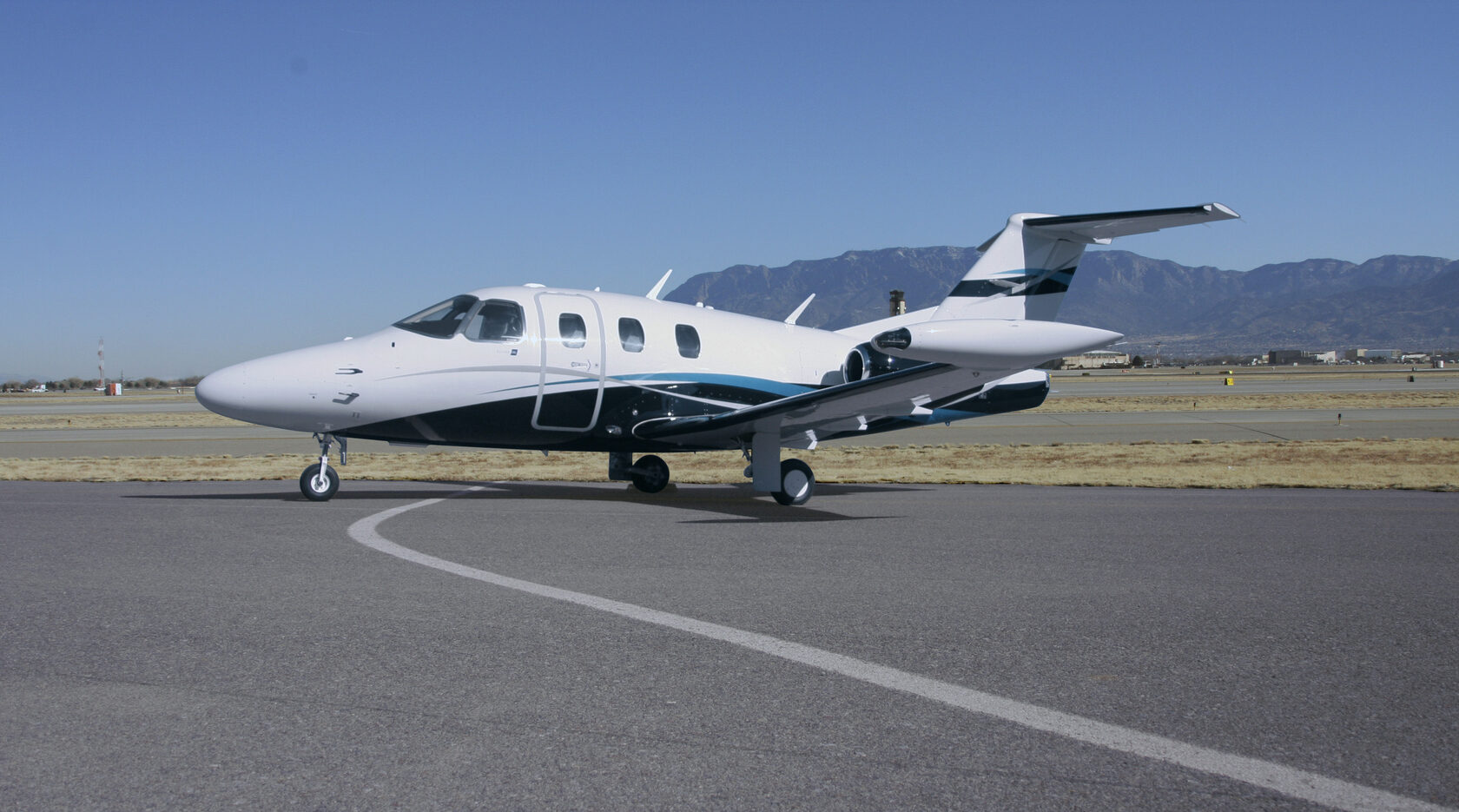
Daedalean provides what the company terms Situational Intelligence – the ability to understand and make sense of the current environment and situation and anticipate and react to potential threats. Its visual awareness system employs a form of artificial intelligence called machine learning, which leverages increased computer power to do more efficiently what until now could only be done by people.
Dr. Yemaya Bordain, Daedalean’s Phoenix-based Chief Commercial Officer and President of the Americas, said:Daedalean’s visual awareness system offers several AI-enhanced functions such as landing guidance, detection of cooperative and uncooperative traffic, and navigation in GPS-denied environments. These functions rely solely on aircraft-mounted cameras feeding real-time visual information to an onboard computer to output alerts to the pilot, adding a layer of safety to common equipment such as radars and transponders.
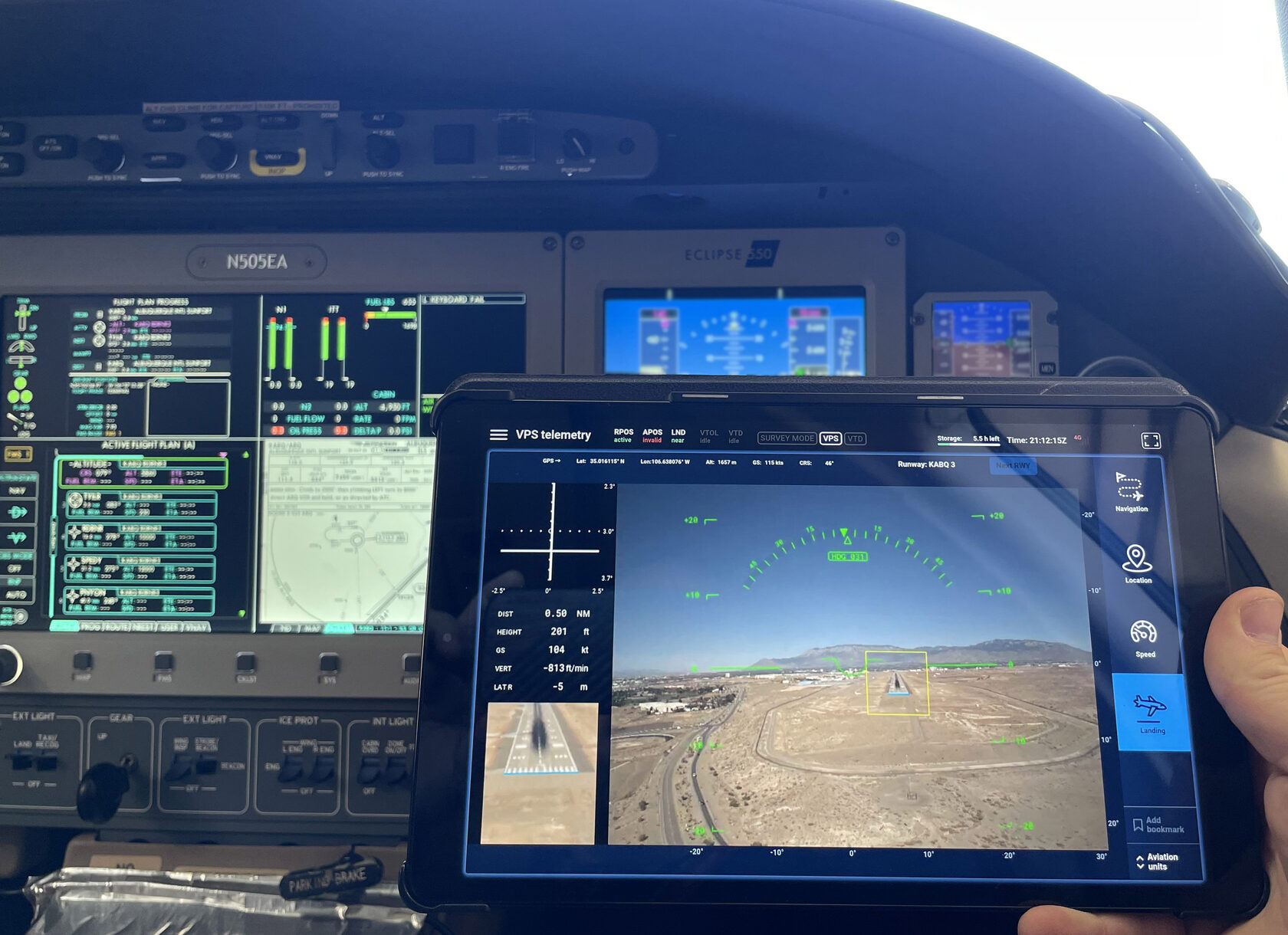
To assess the Daedalean systems, Eclipse outfitted its 550-test platform with two Daedalean cameras and is conducting test flights in the skies above its Albuquerque, NM, headquarters. The focus is to evaluate Daedalean’s system capabilities for detect-and-avoid in critical phases of flight and provide the pilot with information needed to capture, identify, and deconflict with both cooperative and noncooperative traffic.
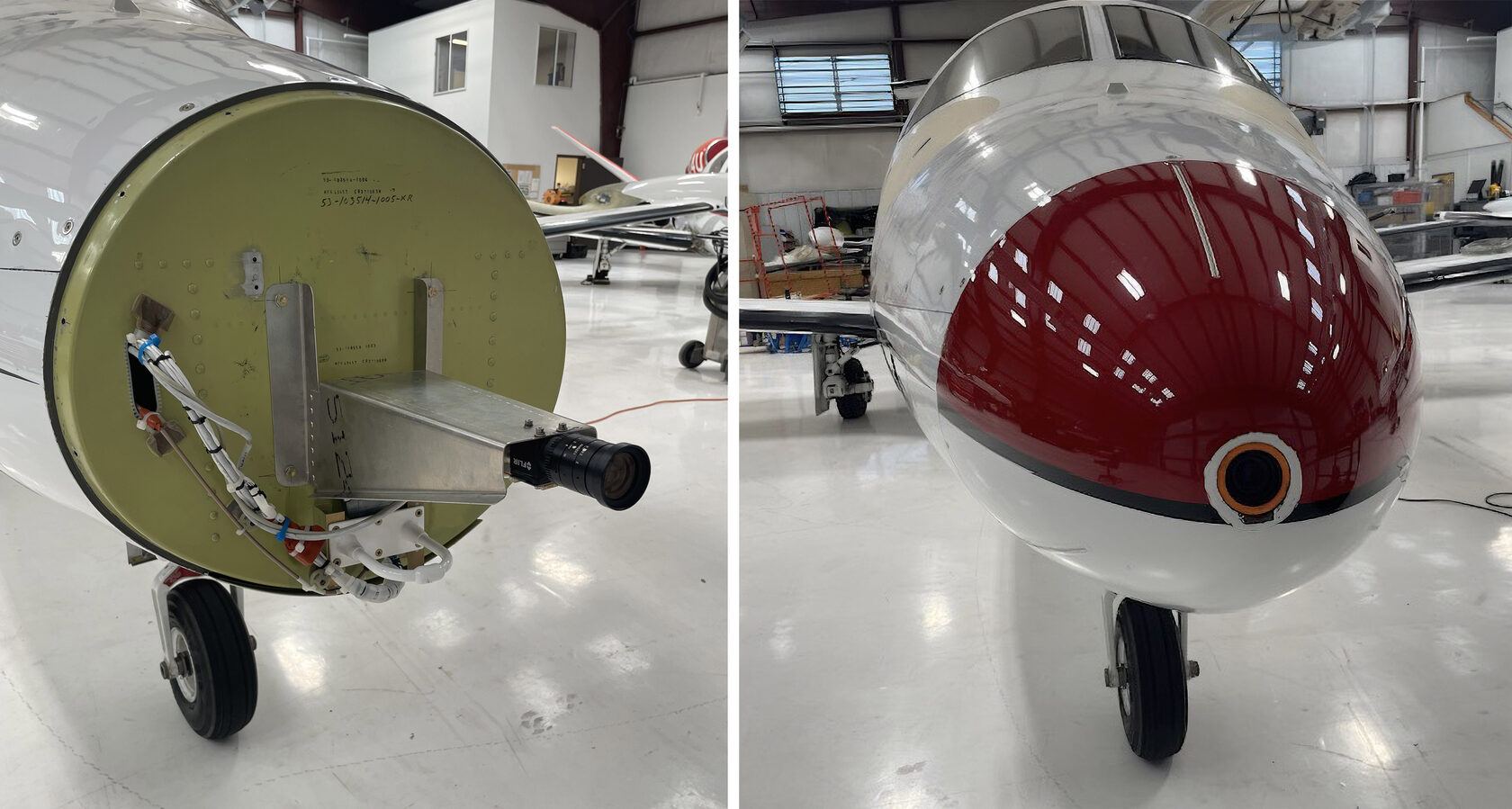
Fergus Flanagan of Eclipse Aerospace said:Business aviation aircraft are often called upon to bring passengers to small, uncontrolled airports. We are looking at how Daedalean’s systems can reduce pilot workload at more remote airports to maintain the highest levels of safety. We are primarily concerned with proper runway identification, traffic awareness, landing guidance, and the ability to identify runway incursions.
The business aviation community has recently signaled growing interest in the safety benefits delivered by AI-enhanced systems. At the industry’s largest gathering, the NBAA-BACE convention in Las Vegas this week, several panel discussions were held on the topic of AI. Daedalean’s Dr. Bordain took part in panel discussions exploring AI’s use by early adopters as well as how it is extending beyond flight and into other areas of operations.
Dr. Bordain said:Daedalean is pioneering the development of AI systems which not only offer unprecedented new capabilities but do so within regulators’ stringent guidelines. We have conducted projects with both the FAA and EASA exploring the methods of safety assurance of machine learning. And now we are undergoing their rigorous certification processes. We believe our systems are poised to be the first certified for safety-critical applications. We look forward to delivering certifiable AI-enhanced systems to business aviation customers and across the world of aviation.
This article was originally published by Daedalean.


